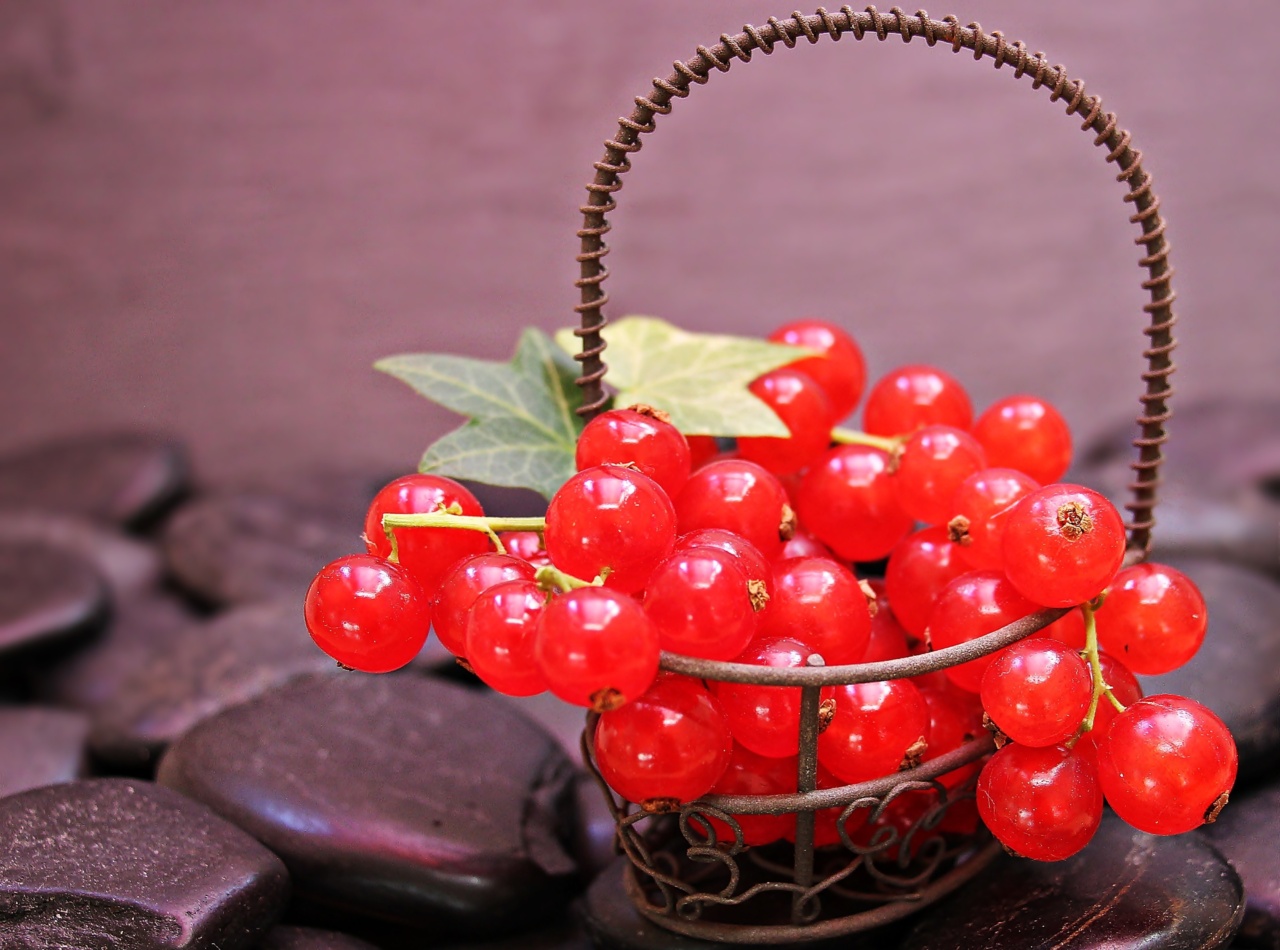Kidney stones can be extremely painful and, in some cases, life-threatening. They are formed when there is too much of certain substances, such as calcium or uric acid, in the urine.
These substances can form crystals that eventually stick together and form a stone. While there are medical treatments available for kidney stones, prevention is always the best course of action. In this article, we will explore how certain foods can help prevent kidney stones.
Water
The first and most important step in preventing kidney stones is staying hydrated. Drinking plenty of water helps to flush out the kidneys and prevent the buildup of certain substances that can lead to stone formation.
Experts recommend drinking at least 8 cups (64 ounces) of water per day, but this may vary depending on individual factors such as age, activity level, and climate.
Citrus Fruits
Citrus fruits, such as oranges and lemons, contain citrate, a substance that can help prevent the formation of kidney stones. Citrate binds to calcium in the urine, making it harder for stones to form.
In addition to citrus fruits, other sources of citrate include grapefruit, lime, and some types of berries.
Leafy Greens
Leafy greens, such as spinach and kale, are rich in magnesium, a nutrient that can help prevent kidney stones. Magnesium inhibits the formation of calcium stones by binding with calcium in the urine and preventing it from crystallizing.
In addition to leafy greens, other sources of magnesium include nuts, seeds, and whole grains.
Low-Sodium Foods
A diet high in sodium can lead to an increase in calcium in the urine, which can contribute to the formation of kidney stones. To prevent this, it is important to eat a diet that is low in sodium.
This means avoiding processed foods, which are often high in sodium, and cooking with fresh herbs and spices instead of salt. Additionally, it is important to read labels carefully and choose low-sodium options whenever possible.
High-Potassium Foods
Like magnesium, potassium can help prevent the formation of kidney stones by binding to calcium in the urine. Foods that are high in potassium include bananas, sweet potatoes, and avocados.
It is important to note that individuals with kidney disease may need to limit their potassium intake, so it is best to consult with a healthcare provider before making any dietary changes.
Low-Oxalate Foods
Oxalate is a substance found in many foods that can contribute to the formation of kidney stones. Foods that are high in oxalate include spinach, rhubarb, and beets.
While it may not be necessary to completely eliminate oxalate from the diet, it can be helpful to limit intake of these high-oxalate foods and eat a diet that is generally lower in oxalate. Other low-oxalate foods include cauliflower, cucumber, and bell peppers.
Protein
Studies have shown that a diet high in animal protein, such as meat and dairy products, can increase the risk of kidney stones. This is because animal protein increases the amount of calcium in the urine.
To prevent kidney stones, it is recommended that individuals limit their intake of animal protein and choose plant-based sources of protein instead, such as beans, lentils, and tofu.
Whole Foods
Eating a diet that is primarily made up of whole foods, such as fruits, vegetables, whole grains, and lean proteins, can help prevent kidney stones.
Whole foods are generally low in sodium, high in potassium and magnesium, and contain fewer harmful substances than processed foods. Additionally, eating a varied diet that includes a range of different foods can ensure that the body is receiving all of the nutrients it needs to function properly.
Conclusion
While kidney stones can be a painful and unpleasant condition, they are often preventable through dietary changes.
By staying hydrated, eating a diet that is rich in fruits, vegetables, and whole grains, and limiting intake of animal protein and high-oxalate foods, individuals can reduce their risk of kidney stones. As always, it is important to consult with a healthcare provider before making any major dietary changes.





























